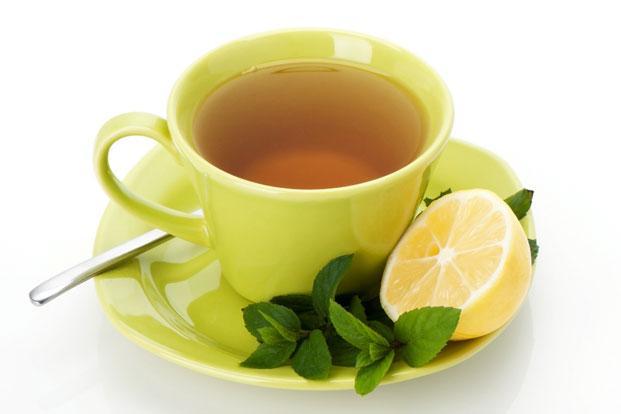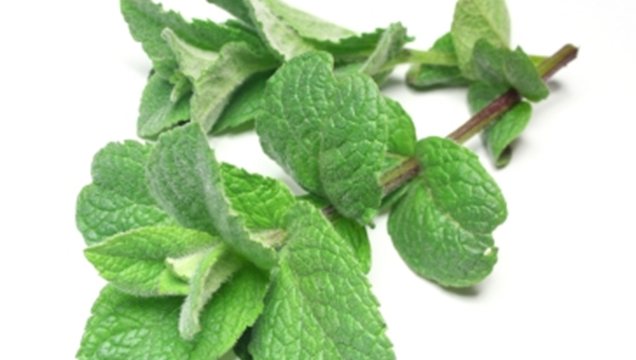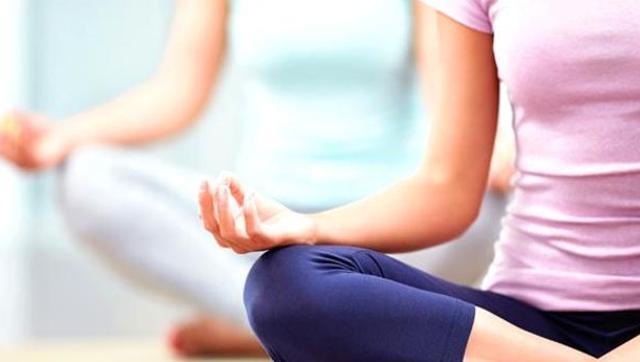For centuries, green tea has been hailed for its numerous health benefits. But according to a new study, the beverage could do more harm than good if consumed in large amounts.
In a new study published in the Journal of Functional Foods, researchers reveal how exposure to excessive amounts of green tea impaired the reproductive function of fruit flies, as well as the development of their offspring.
While it is unclear whether the beverage has the same impact on humans, the team says their findings warrant caution against consuming large amounts of green tea and other nutraceuticals.
Green tea is made from fresh leaves of the Camellia sinensis plant. Because green tea is one of the least processed forms of tea, it retains the majority of its antioxidants and polyphenols, which are known to be largely beneficial for health.
Previous research has suggested green tea can aid weight loss, reduce cholesterol and protect against numerous illnesses, including cancer, heart disease and Alzheimer’s disease.
However, some studies have reported negative health effects if the beverage is consumed in large doses; animal studies have linked excessive green tea consumption to dramatic weight loss and impaired embryonic development.
Green tea ‘should be consumed in moderation’
To reach their findings, lead investigator Mahtab Jafari, associate professor of pharmaceutical sciences at the University of California-Irvine, and colleagues exposed embryos and larvae of fruit flies, or Drosophila melanogaster, to varying doses of green tea.
Fruit flies are often used to study human disease because they share 75% of the same genes that cause disease in humans.
The team found that 10 milligrams (mg) of green tea led to slower development of larvae. There was also a significant reduction in the number and size of offspring that emerged.
Female offspring exposed to 10 mg of the beverage showed a reduction in reproductive output, as well as a 17% reduction in lifespan.
In addition, the researchers found 10 mg of green tea led to morphological abnormalities in reproductive organs of the fruit flies, including atrophy in the testicles and ovaries.
Green tea was found to protect the flies against dehydration, but it also increased susceptibility to heat stress and starvation.
While the study did not assess the mechanisms by which green tea affected the development and reproduction of the fruit flies, they hypothesize that high doses of the beverage may trigger excessive apoptosis, or programmed cell death, to produce such effects.
Source: Medical News Today







